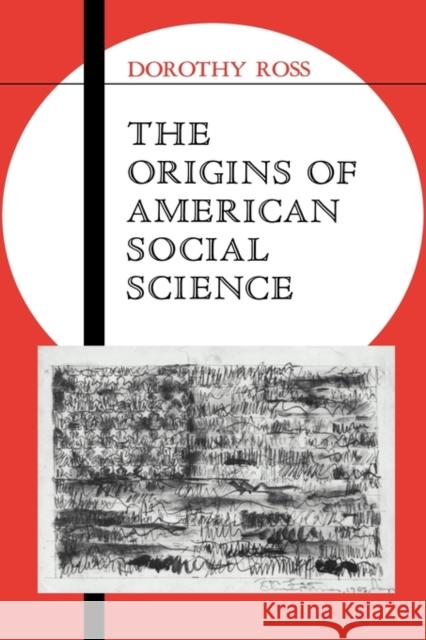The Origins of American Social Science » książka
The Origins of American Social Science
ISBN-13: 9780521350921 / Angielski / Twarda / 1990 / 536 str.
Focusing on the disciplines of economics, sociology, political science, and history, this book examines how American social science came to model itself on natural science and liberal politics. Professor Ross argues that American social science receives its distinctive stamp from the ideology of American exceptionalism, the idea that America occupies an exceptional place in history, based on her republican government and wide economic opportunity. Under the influence of this national self-conception, Americans believed that their history was set on a millennial course, exempted from historical change and from the mass poverty and class conflict of Europe. Before the Civil War, this vision of American exceptionalism drew social scientists into the national effort to stay the hand of time. Not until after the Civil War did industrialization force Americans to confront the idea and reality of historical change. The social science disciplines had their origin in that crisis and their development is a story of efforts to evade and tame historical transformation in the interest of exceptionalist ideals. This is the first book to look broadly at American social science in its historical context and to demonstrate the central importance of the national ideology of American exceptionalism to the development of the social sciences and to American social thought generally.











